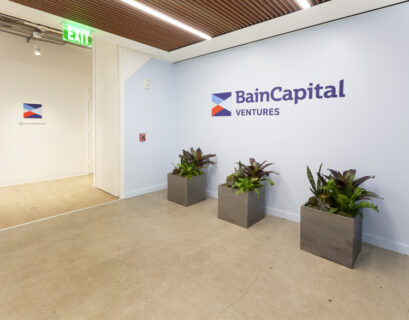Vinit Bhat has been working with Arpwood Partners since 2018. Prior to joining Arpwood, Vinit worked with Rothschild from 2017-18, and previously was with J.P. Morgan. He is based in Mumbai. Vinit is an engineer from BITS Pilani. Vinit will be sharing his experience from his stint at Arpwood, focusing on the PE industry in India.
Interview
How did you recruit for this role? What would your advice be for potential candidates aspiring to get here? (recruiting strategy, cycle, process etc.)
Most PEs have a reasonably standard recruitment process that includes a conversation / interview with all the team members, along with a case study or modelling round. Most of them take the help of headhunters to organize this process, so it would be useful to introduce yourself to them in case they haven’t already reached out to you. You need to be patient with your approach since these recruiting processes can take their own sweet time.
What are the key skills that are required for this role?
There are two key factors that are important in this field:
- Technical knowledge: Learn as much as possible about core finance and what drives valuation
- Understanding of businesses: Read as much as possible, particularly about various industries, their competitive positioning, etc. Be curious about finding the “why” behind everything
What is the typical feeder profile (typical previous work experience) for this industry in general and for your firm in particular?
The PE industry usually hires for the Associate/ VP position from the post-MBA pool of applicants, while most PEs also have a separate pre-MBA program which may/may not have the option of a track role. At the pre-MBA stage, PEs usually look for candidates from either an investment banking or consulting background.
Is there an education path that is preferred for getting a role in this industry?
Not really. The most often seen profiles are engineers / CAs / economics graduates at the pre-MBA level.
What is your total team size and what is the typical team staffing on a case/deal?
Team of 7 members in total; Usually 2/3 member deal teams
What is a typical day at work for you?
I don’t think there is a “typical day” at work – depending on the stage of the transaction, there are different roles that you have to play on any given day.
What is usually constant is that you need to maintain a reasonably well-planned schedule for the day that includes:
- All the calls and meetings that are planned for the day
- Multitask, resolve issues, and follow up on numerous tasks for which you are dependent on external partners (management teams, IBs, lawyers, auditors, etc.)
- Internal meetings, discussions and brainstorming sessions
- Complete your own set of tasks (models, analyses, presentations, readings, etc.), which also includes being prepared for all the above tasks
What are your key responsibilities and deliverable on a case/deal?
Being part of a small team, you are responsible for most of the tasks described above.
What is the typical exit that people get from this role?
PE is usually the goal for most enthusiasts. For the roles that do not have a track role, people usually move on to other PE firms or opt for an MBA.
What are the pros and cons about this role?
Pros:
- There is wide variety of things to work on – different industries, different tasks (discussed above), different operational challenges, meeting new people, etc.
- Visible, meaningful impact of your work
- Work culture: Small team sizes ensure that there is no time wasted in unnecessary hierarchies. There is tremendous respect amongst peers and everyone is encouraged to lead a healthy personal life. This creates a strong base for your personal and professional growth
Cons:
- For me, it is a paradox that the biggest con of the role remains one of its biggest pros – the diverse set of functions. Due to this diversity, you do not spend a substantial amount of time purely in analyzing businesses.
- Being a good investor is not sufficient for being a good PE professional.
What are your typical work hours in a week (including weekends)?
10-12 hours a day, 5-6 days a week.
How do the responsibilities evolve as one grows in this industry into senior roles?
For a while, the role pretty much remains the same, but you take up more ownership of tasks and can contribute more as you learn the ropes of the industry. This shows up in various forms like higher contribution in legal nuances, more participation in negotiations, etc. The higher up you go, you spend a higher proportion of your time in talking to people.











![First Principles Approach to Financial Modelling in Excel - [Episode 1] First Principles Approach to Financial Modelling in Excel - [Episode 1]](https://thenumbermonkey.com/wp-content/uploads/abacus-100x100.jpg)









